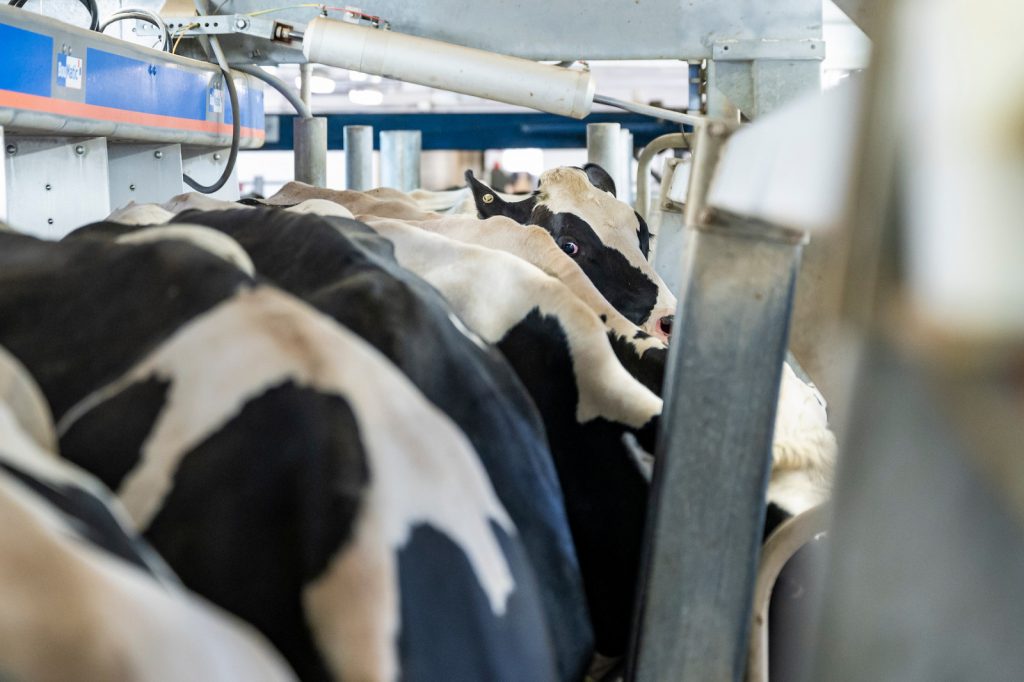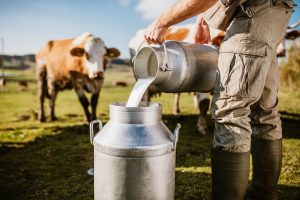
UW–Madison Virologists Lead Crucial Research to Secure Dairy and Public Health
In a landmark effort for the international dairy community, virologists at the University of Wisconsin–Madison are leading a crucial investigation into the H5N1 avian influenza virus. Following the virus’s unprecedented jump into dairy cattle in early 2024, researchers, funded by the National Institutes of Health and the U.S. Department of Agriculture, immediately initiated studies to address pressing concerns about herd health, worker safety, and the potential for infection via dairy products. Their swift action and federally supported research have provided the global dairy sector with invaluable, actionable insights, enabling informed decision-making and easing consumer fears about food safety.
The research has yielded significant findings with direct implications for dairy producers and processors. A study published in the New England Journal of Medicine confirmed that raw milk containing H5N1 poses a risk of infection to mammals. Critically, the same research provided a powerful safeguard: heat treatment, similar to pasteurization, was found to be highly effective at inactivating the virus. This definitive evidence underscores the safety of pasteurized dairy products and highlights the potential risks associated with consuming raw milk.
Further breakthroughs from the team, published in Nature, offered a measure of public health assurance. Experiments using ferrets—a standard model for human influenza studies—demonstrated that while exposure to raw milk can lead to infection, the specific H5N1 strain circulating at the time was unlikely to spread easily through the air among animals. This suggests a lower risk of widespread community transmission beyond initial exposures, a crucial point for dairy farm worker safety and broader public health strategy.
The researchers’ work continues to evolve alongside the virus. When an H5N1 strain from an infected dairy worker was tested, it showed a concerningly high lethality in ferrets, though the worker’s infection was mild. This strain is no longer in circulation, but the finding emphasizes the ongoing need for vigilance and research to understand the virus’s behavior. This continuous, federally-backed research effort provides vital information to public health officials, farmers, and consumers, helping the international dairy community navigate this emerging challenge.
In summary, UW–Madison’s virologists have been instrumental in addressing the H5N1 avian flu threat to the dairy industry. Their research has confirmed the safety of pasteurized products, clarified risks associated with raw milk, and provided key insights into transmission dynamics. This proactive, data-driven approach positions the international dairy sector to better protect its herds, its workforce, and its consumers, reinforcing the importance of science-led solutions in agribusiness.
Source: Find the original reporting here: news.wisc.edu

























